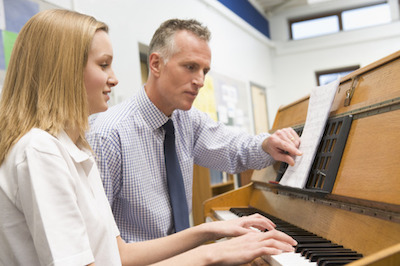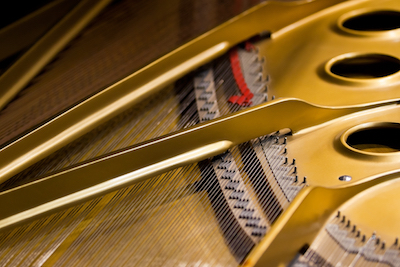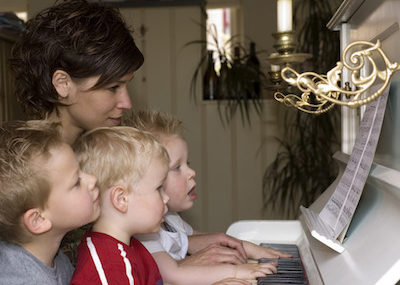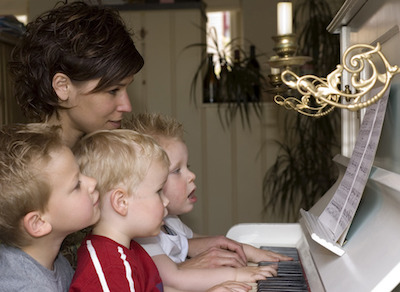When a child takes an interest in an activity at a young age, a parent is faced with a dilemma. Do you encourage they spend a lot of time with one activity, which can lead to a high skill level as they age? Or do you push your kids to enroll in several activities across the spectrum, exposing them to many activities and interests?
It’s a question many parents ask themselves, especially when we see how dedication can pay off. No one would doubt the ability of Michael Phelps who started swimming at the age of 11. Or Yo-Yo Ma who performed John F Kennedy and Dwight D Eisenhower at the age of 7. Even Mozart was composing by the age of four. 
But while dedication to a single activity works for some, in general, many more face burnout and injury when focusing in on only one activity, repeating the process over and over again throughout development. Sports, in particular, can be a problem.
When a child specializes in one sport early on, certain body parts are subjected to large amounts of stress. A pitcher may throw the ball hundreds of time. The spine of a gymnast is tweaked and torqued again and again. Football injuries are finally coming to light.
Burnout is also a problem. When a child is pushed into one activity, it loses its thrill over time. It can become a tedious process rather than one of pure enjoyment, one that is designed to eliminate stress.
And in many cases, the goal rarely lies with what the child wants. Parents see the light at the end of the tunnel as scholarships or even professional status which brings along with it fortune and fame. Whether it’s a child’s dream or the dream of his or her parents, it can quickly wane over time.
The solution is not to curb a child’s participation in either sports or music, but to encourage a variety of activities that develop different skills and body parts. For instance, swimming can be a great activity for a young baseball player that hopes to pitch. Playing the piano can also help develop patience and focus. And because they all work together, your child will develop in more rounded ways.
Just like we as adults look for ways to use everything we have in different ways, for young children it should be encouraged even more. It isn’t about putting a child on a narrow path for possible success, but instead sharing with them the love of being able to do whatever they chose to do.
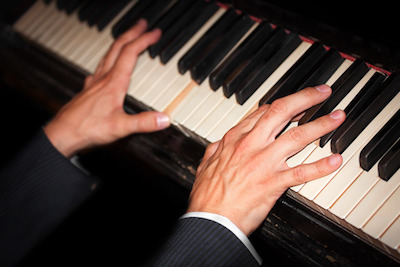
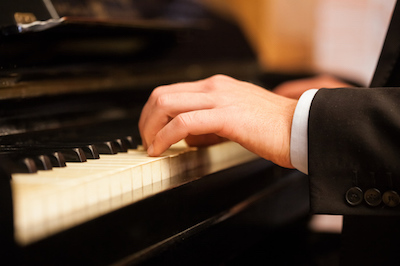

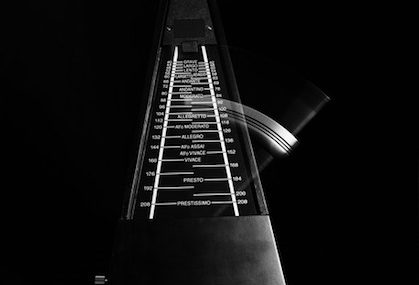
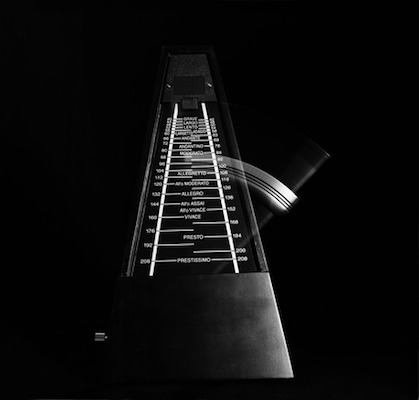 Find A Quiet Space
Find A Quiet Space
